Fat Halos and Whatnot . . .
Katherine Fu
→ BFA CR 2025
In my senior year of high school, I read Gabriel García Márquez’s One Hundred Years of Solitude and was struck by its recurring spiral motifs. The world, all topsy-turvy, and its inhabitants were doomed to follow these long, cyclical, coiling paths of fate. One character, mired knee-deep into generational trauma, lamented that “time was not passing . . . it was turning in a circle.”
In that vein, I’ve always felt that my life revolves through set seasons, with certain times slated to hold deep emotional burdens and certain events always returning to face me. Internally, I always see the year as a floating halo around my head. As I trudge through the year, it varies in width and shape. Sometimes it appears more like a donut, continuous and consistent, and others more like a hairpin, hooking back to a finite start. I’ve always assumed that was how everyone else saw it, that time followed them like a collar waiting to tighten. I didn’t think too deeply about it until early October 2022, where, mid-doom scroll, I came across a TikTok by user @luecie attempting to describe the inflated donut visual I had always associated with the calendar. Through conversations with friends, we briefly became invested in each of our visualizations of the year and in turn our understandings of time.
I asked . . .
So. It’s the beginning of October, right? If you were to imagine, in your head, being at the start of October in comparison to the rest of the months, what do you see? Like, imagine the year in your head. How do you see the year, time? Do you see anything?
And they responded . . .
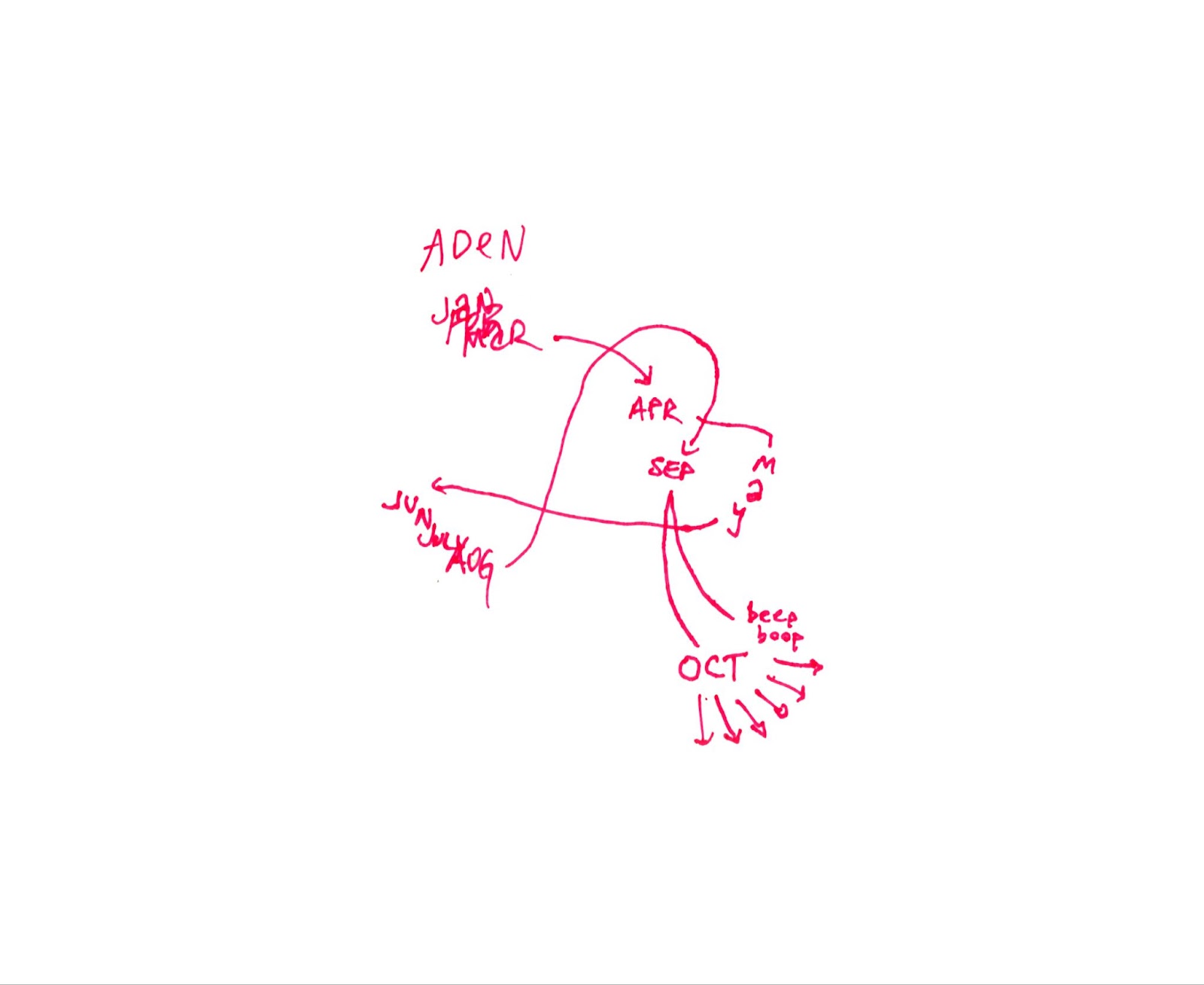
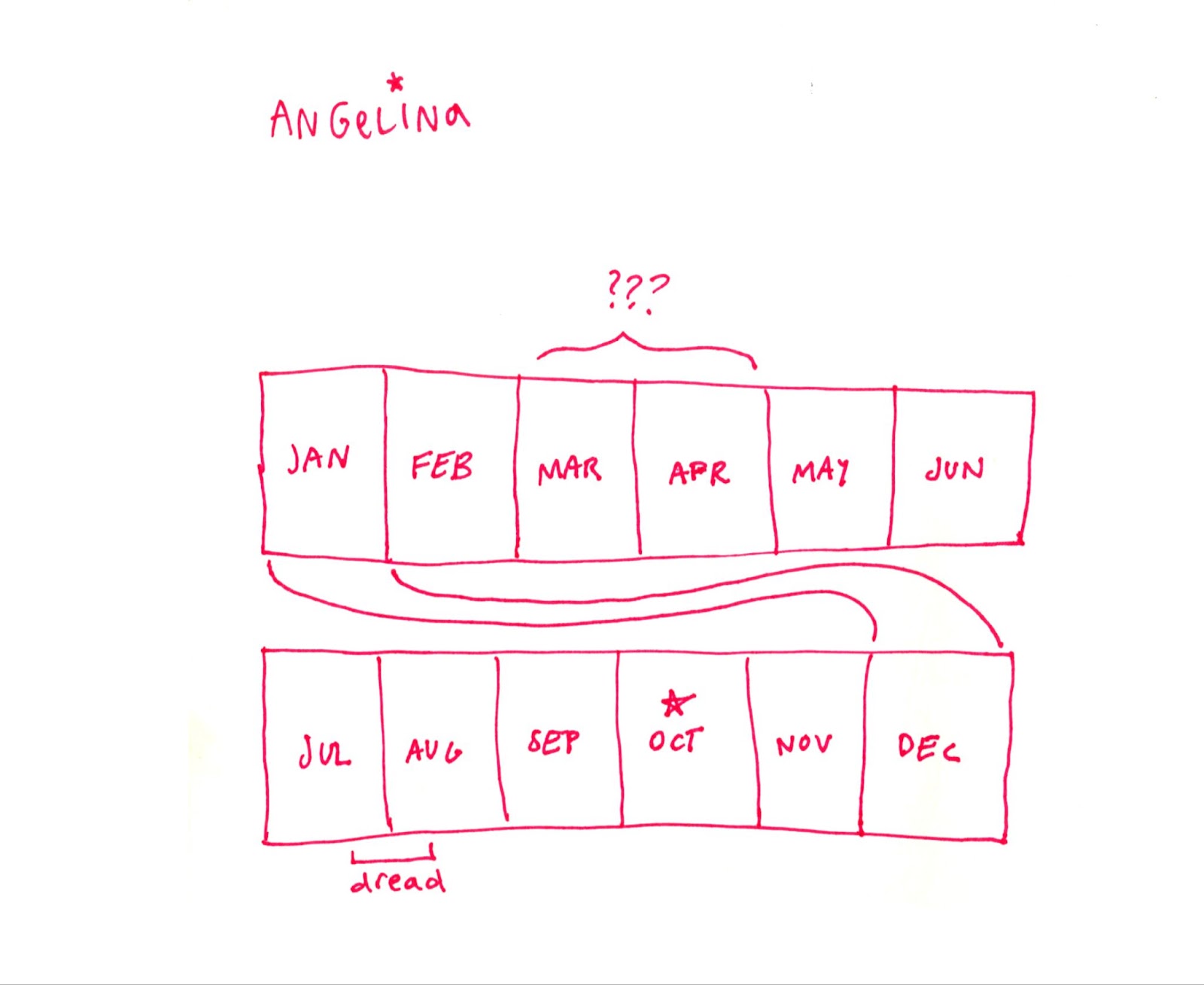
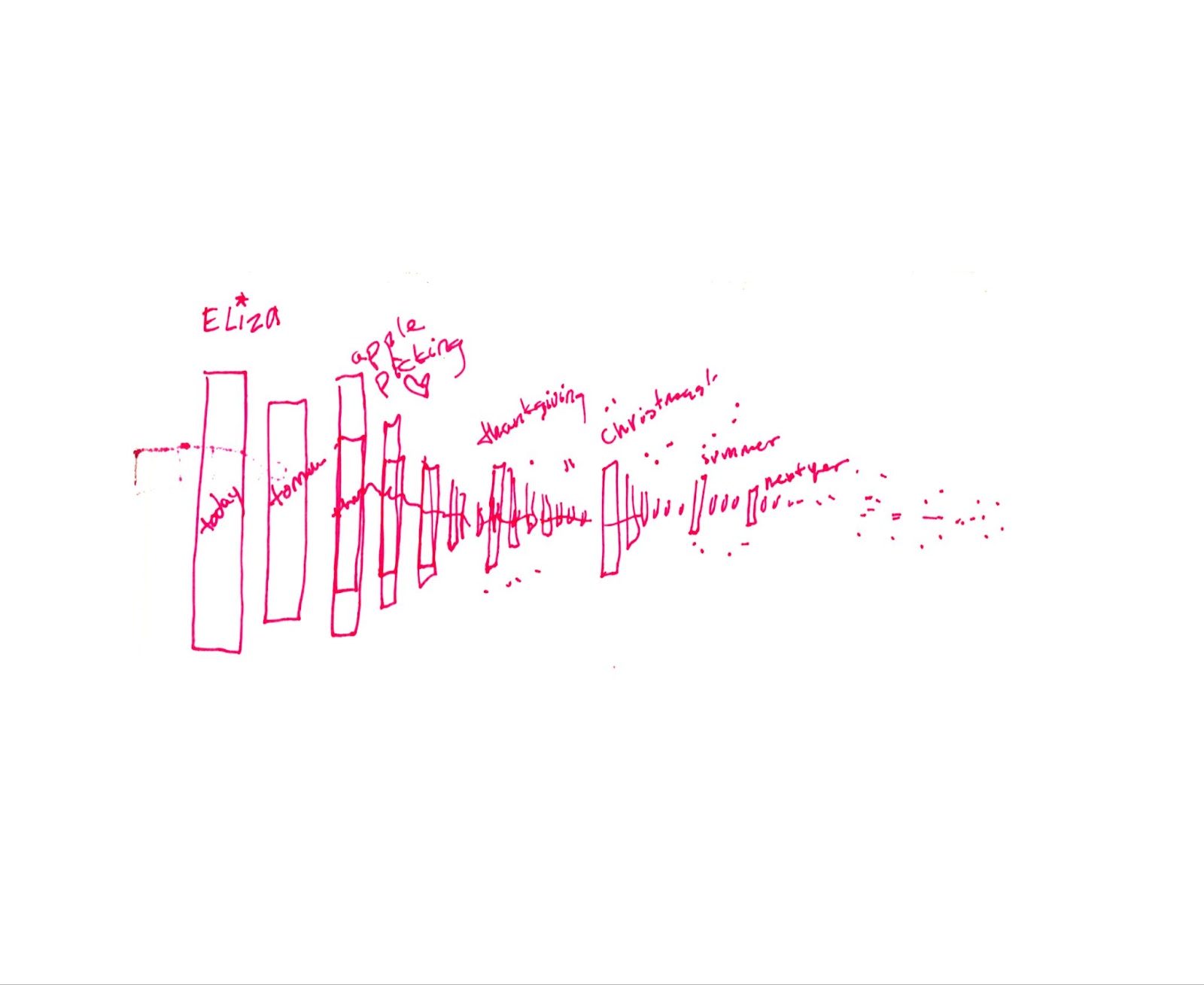
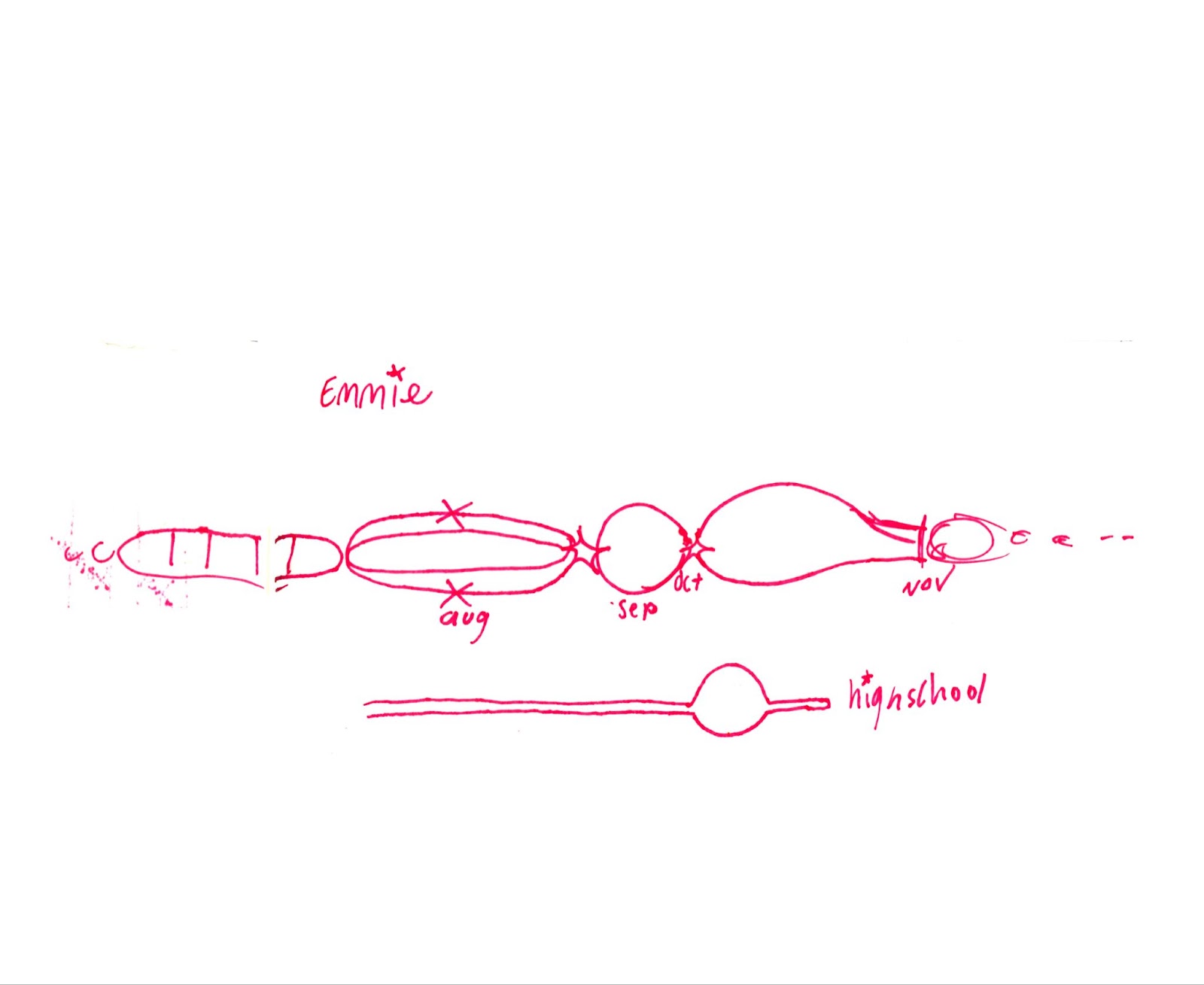
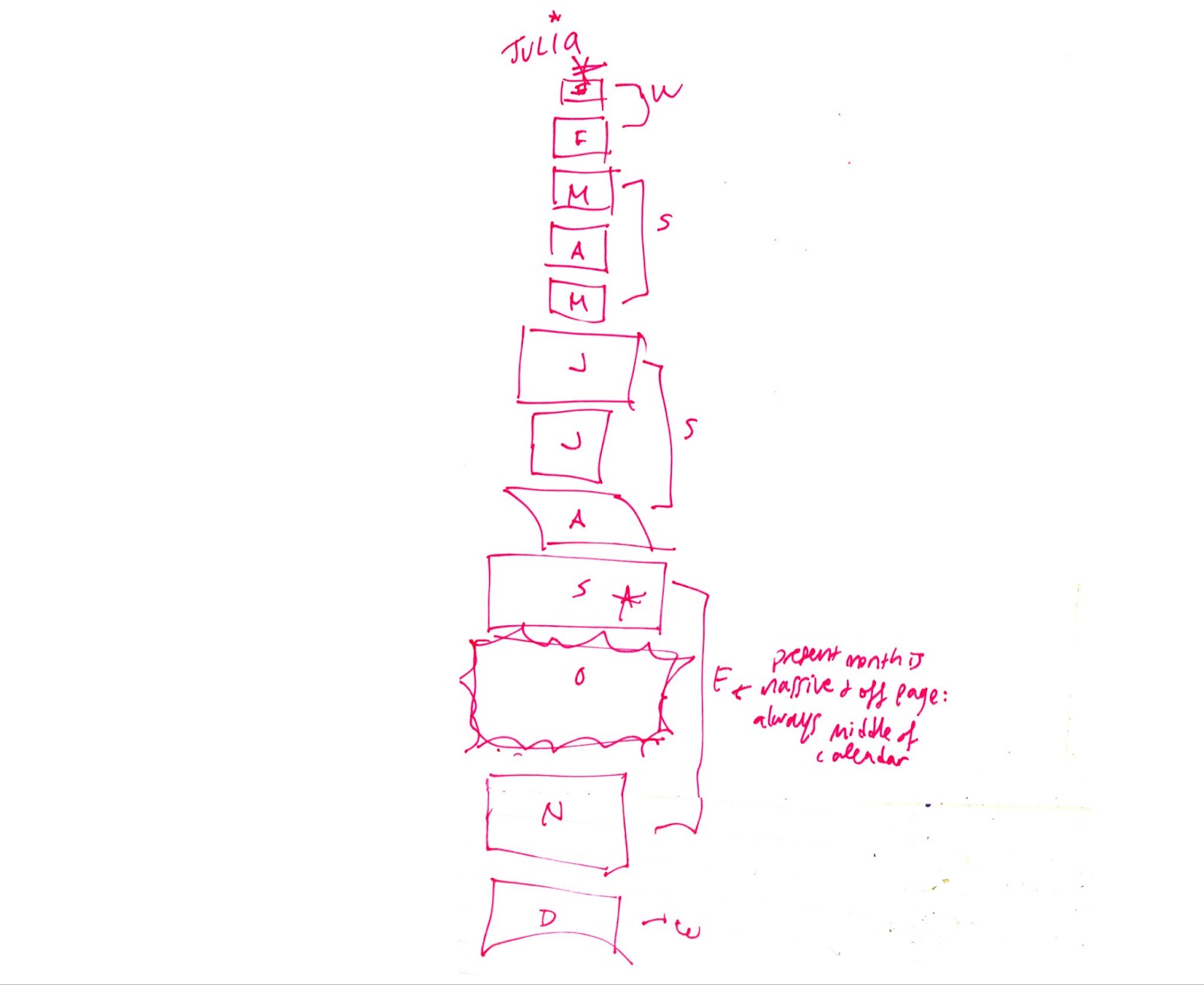
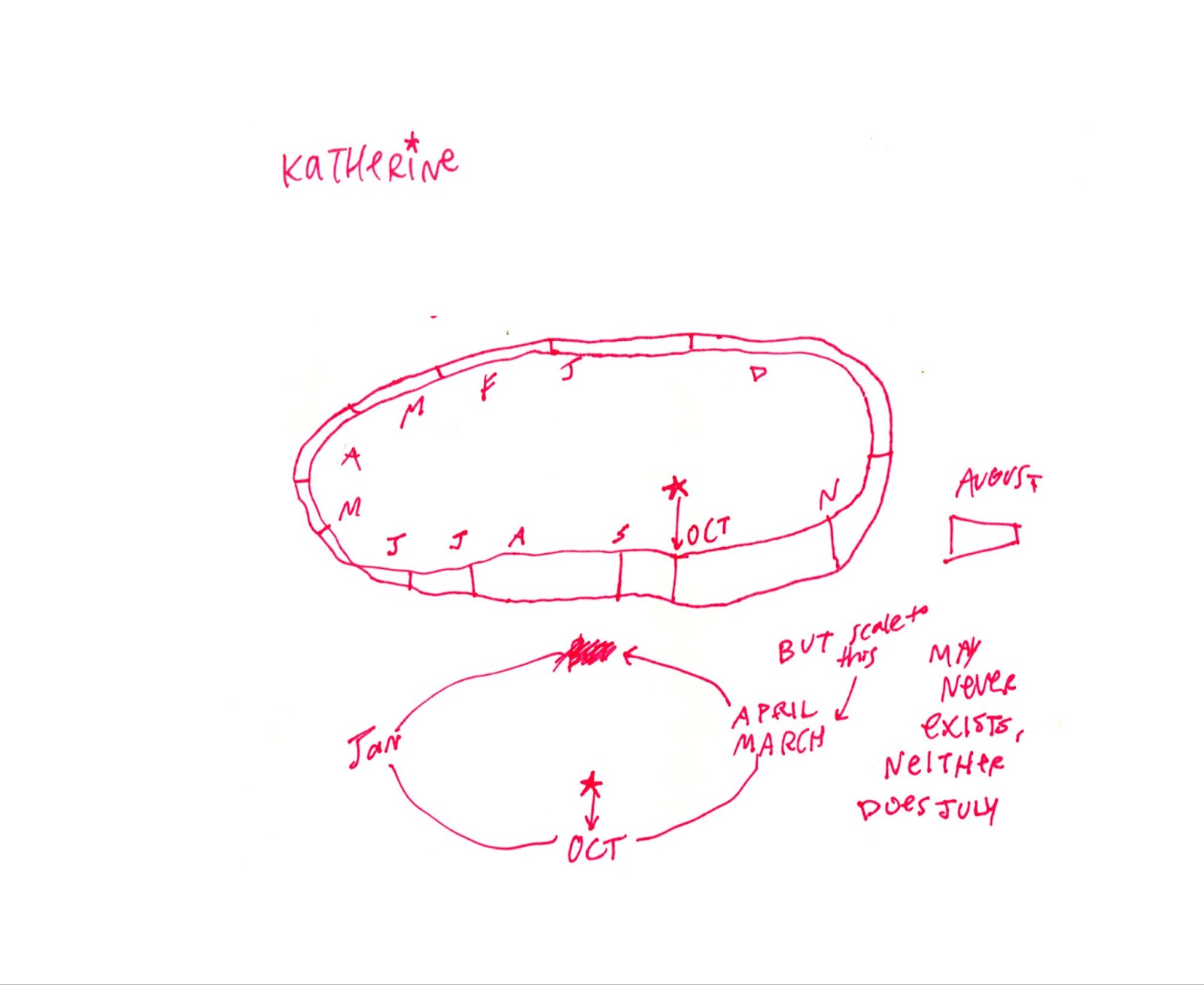
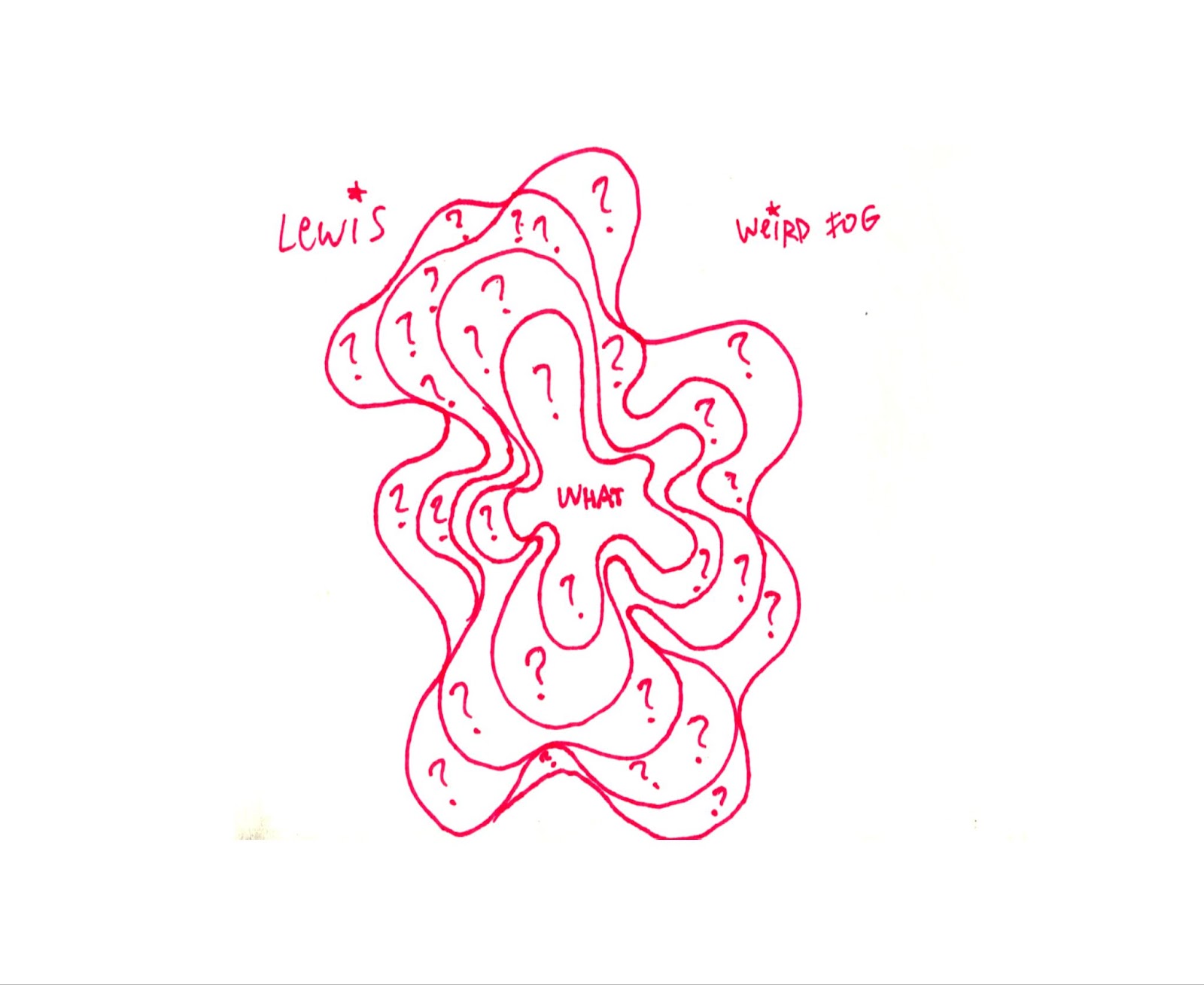
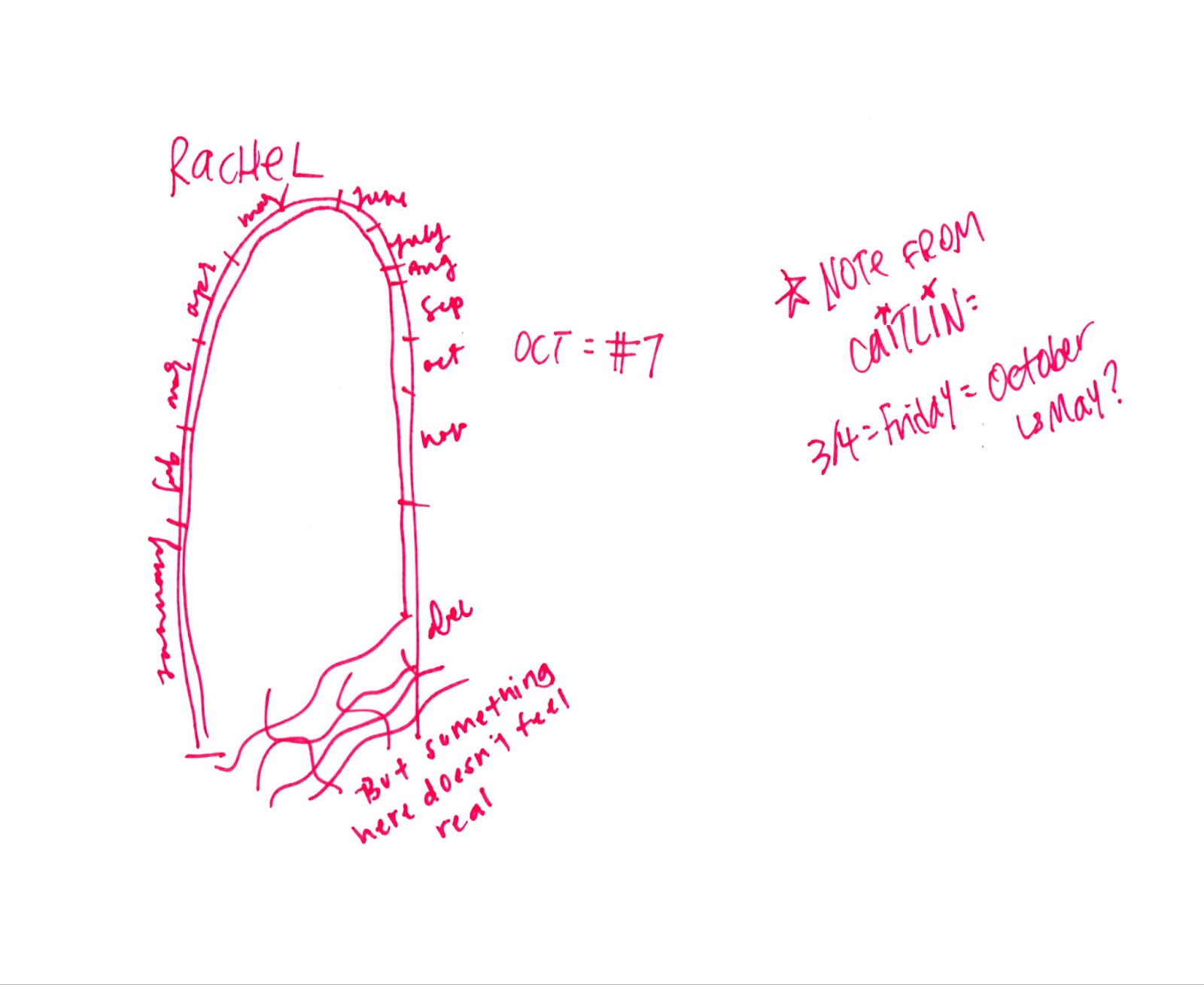
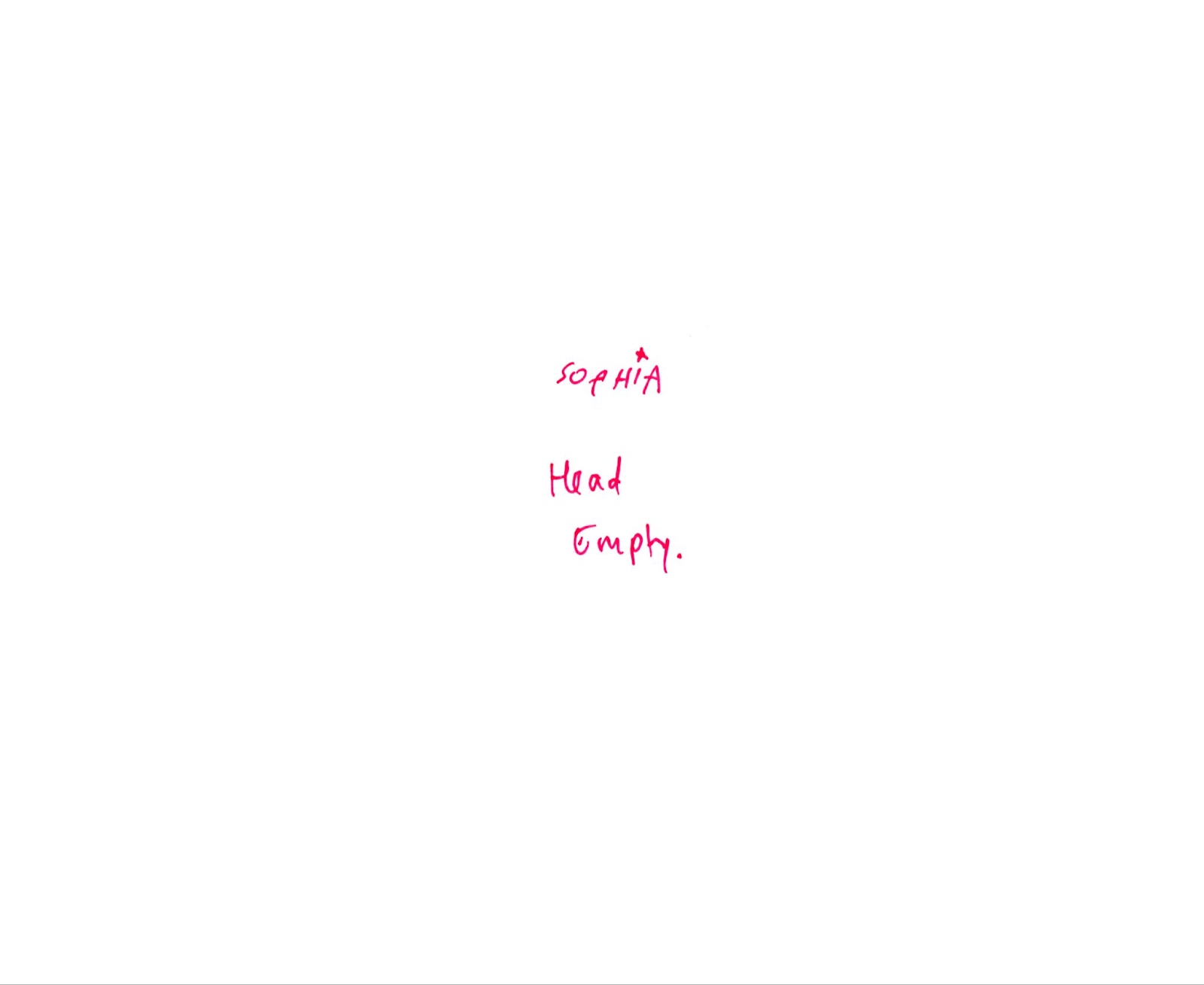
ACKNOWLEDGEMENTS:
1. Clearly, to an extent, our lives, years, and perceptions of time are shaped by our academic calendars. My mother, who has been a teacher for a decade, sees the year in two distinct chunks: School and Not School. Thus, it only makes sense that May feels pressing (exam season), or that September feels fleeting (the start of the year), or that March feels neverending (hellscape of spring semester).
2. We are all little suns, heliocentric to ourselves. It’s unsurprising and inevitable that personal experience shapes time. For some of us February is a blip in the year, not because it doesn’t exist but because we don’t want it to.
3. It can take a few examples for someone to grasp what the question is asking for, which then becomes a source of bias, but I think that’s okay. The subjectivity of this kind of exploration is kind of the whole beauty of it all. As we all individually amass experience, our temporal interpretations of the world result in these funny amalgamations; little shapes and lines, blobs of everything, or nothing at all.
Questioning my friends like this reminded me that it’s not often that I try to concretize time. I usually let time hover above, a silent player and passive controller. When I do, though, it feels like a brief peek through the veil.
I forget that people age as I age. It’s not as if the surrounding world is static but rather that these people I interact with have no displacement. Moving but going nowhere, changing but not growing. Laminar flow. But suddenly my sister is seventeen, the kids I walked in single-file with now know what hurt is, and I am jolted into the reality that things go on.
The impromptu line quality of these diagrams reminds me of New York Times artist Liana Finck, whose comics rely on rawness and spareness to communicate the process of documenting spontaneous thought. I also think of the title of her book Passing for Human. In this context of time I feel like we’re more Passing, as Human. Not pass (verb) like an alien wearing a human suit but instead pass (noun) like an expiry, our journeys through time to the inevitable end.
I really enjoy this idea of a voyage. I want to think of it as a communal odyssey through one force yet each one of us undergo vastly different experiences. Rollercoaster, sticky notes. Elevation map, sound waves. Heart pretzel, slug crawl cycle, winter white. Bolo tie. Hula-hoop-turned-fat-halo.
Katherine Fu is coming home the day after tomorrow.